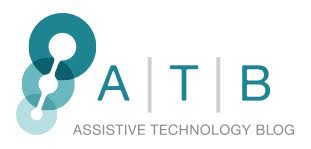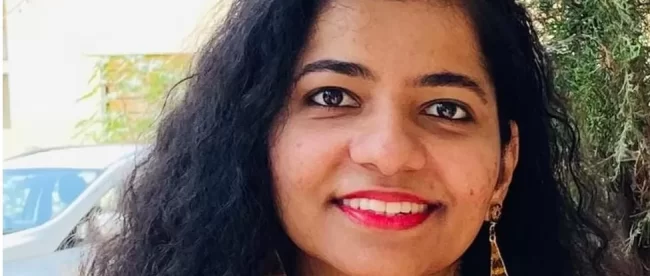India’s First Deaf Lawyer Sarah Sunny Makes History in Supreme Court, Advocating for Accessibility and Inclusion
Sarah Sunny, a 27-year-old lawyer from India, recently made history by becoming the first deaf lawyer to argue a case in the country’s Supreme Court. Her journey began in the city of Bengaluru, where she faced initial challenges in lower courts due to a lack of sign language interpreters. However, her persistence and determination led her to appear before the Chief Justice with the assistance of a sign language interpreter.
In addition to her remarkable journey, Sarah Sunny’s family played a crucial role in her success. She grew up in a family where both her twin sister, Maria Sunny, and her brother, Pratik Kuruvilla, are also deaf. Despite the challenges they faced, their parents were determined to provide them with an inclusive education. The family’s commitment to treating all three children equally and enrolling them in mainstream schools played a significant role in shaping Sarah’s confidence and determination.
The Indian Supreme Court’s decision to appoint its own interpreter for Ms. Sunny marked a historic moment, making the legal system more inclusive for the deaf community. This move is expected to inspire more deaf students to pursue law and contribute to greater accessibility within the legal field. In April, the Delhi High Court set a precedent by allowing another deaf lawyer, Saudamini Pethe, to appear in a case with the assistance of an interpreter. This step led to the high court’s decision to appoint its own interpreters for lawyers and judges, along with the creation of protocols for interpreters. The efforts are not only making legal proceedings more accessible but also opening up employment opportunities for sign language interpreters in India, highlighting the importance of equal rights and accessibility for the deaf community.
The lack of sign language interpreters has historically hindered deaf individuals from building careers in law. However, with recent initiatives to provide interpreters and develop a legal thesaurus in Indian sign language, the barriers are gradually being removed. This step by the Supreme Court sets an example for other institutions, making it clear that deaf individuals have the right to accessibility and participation in all aspects of society.
Source: BBC
This blog was written mostly using chatGPT, a potential tool for increased accessibility. Do you think this is an appropriate use of chatGPT? Why or why not? Let me know!


So great to hear accommodations are being made. As the parent of an adult who is blind and has always been in the regular workforce, making a few changes allows capable people with a disability to do their jobs.